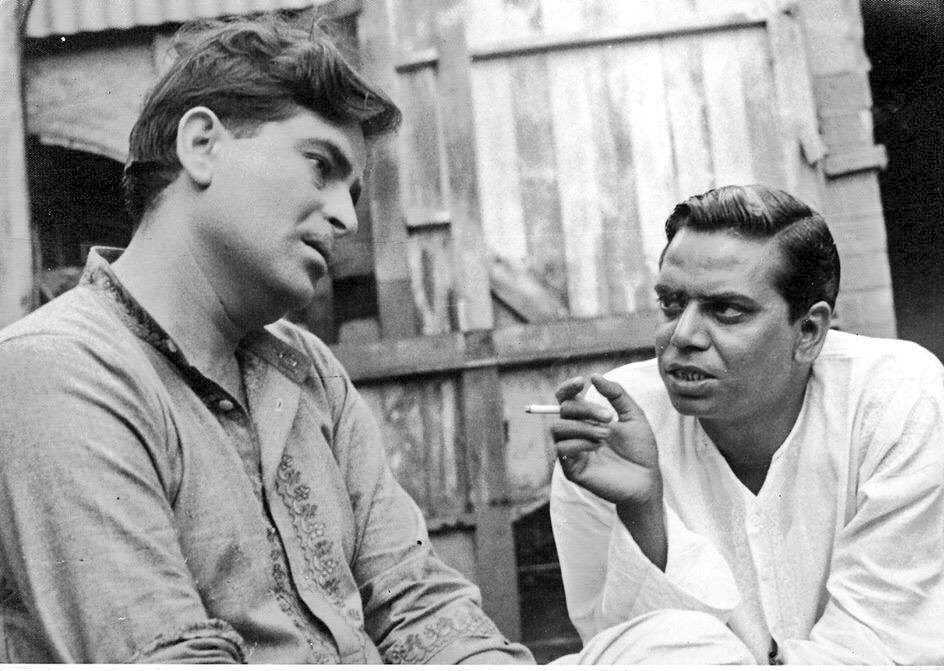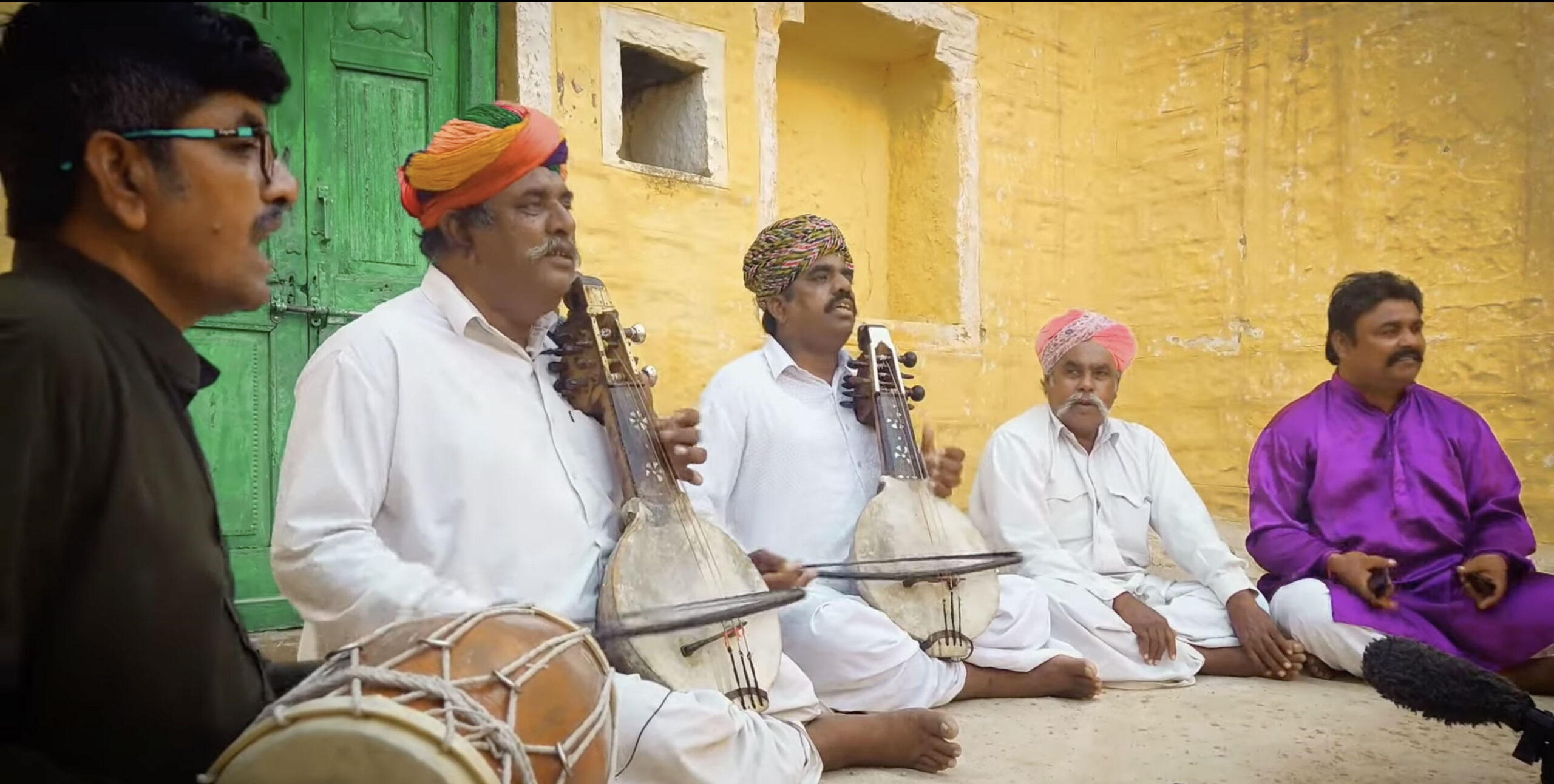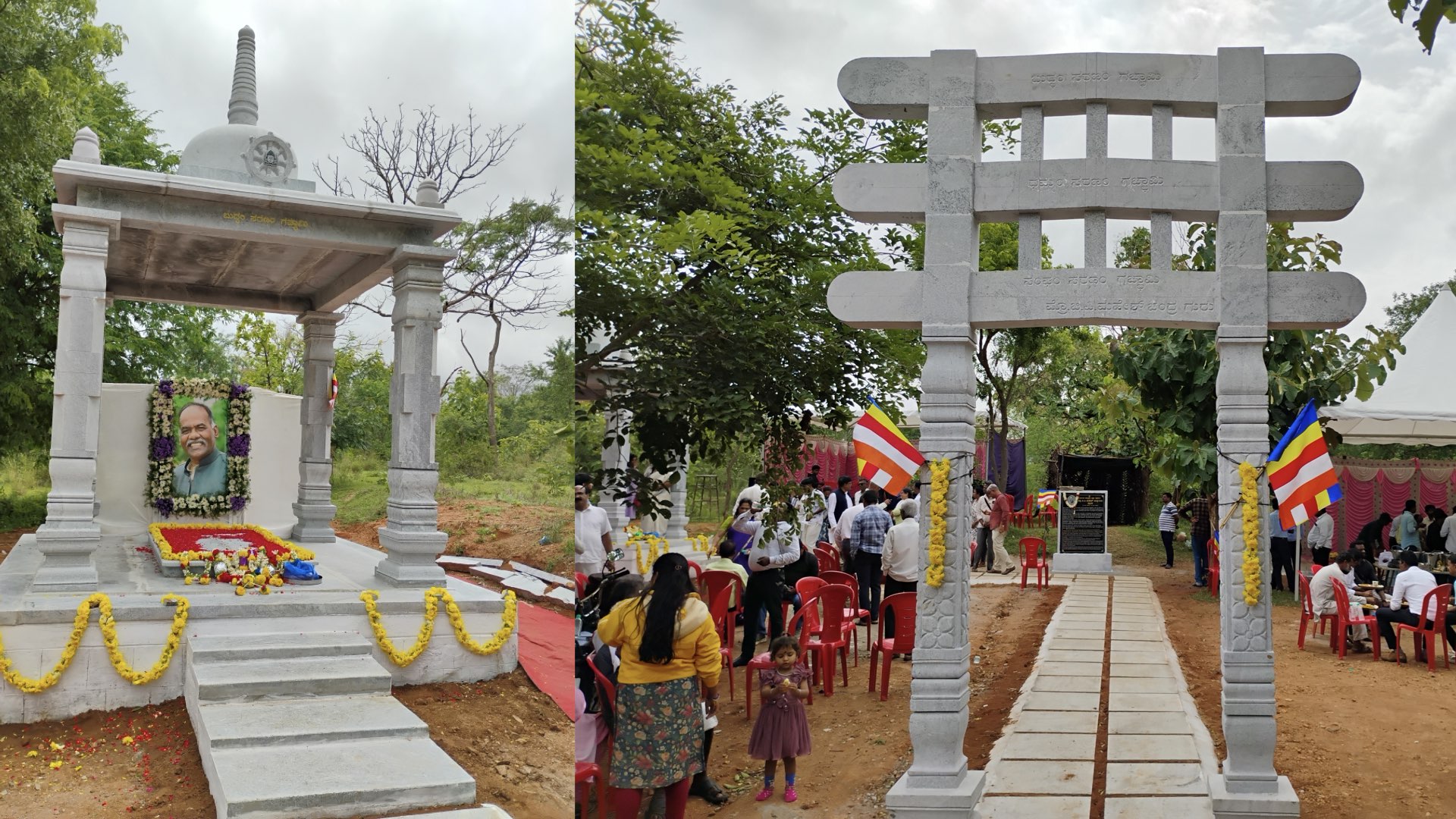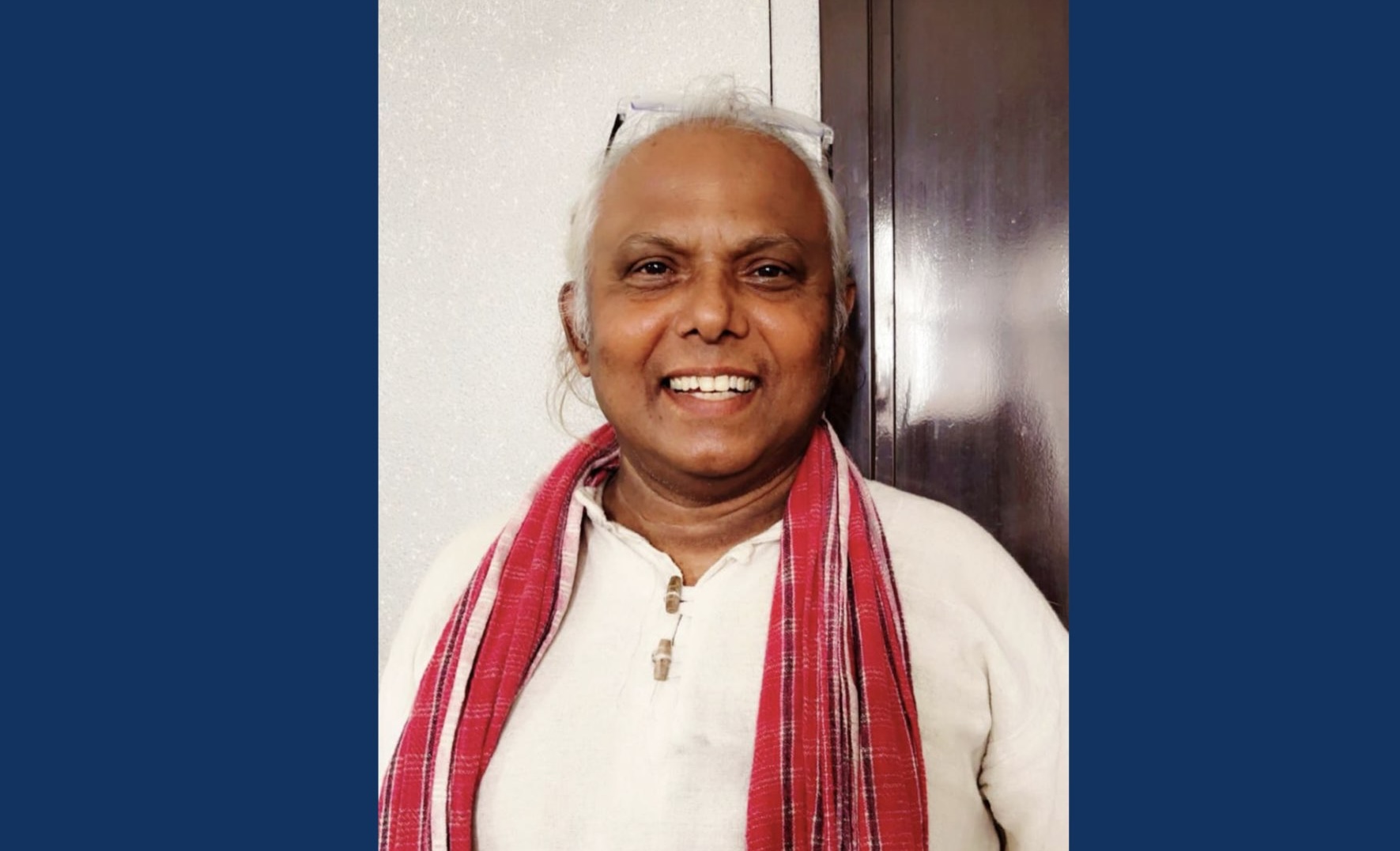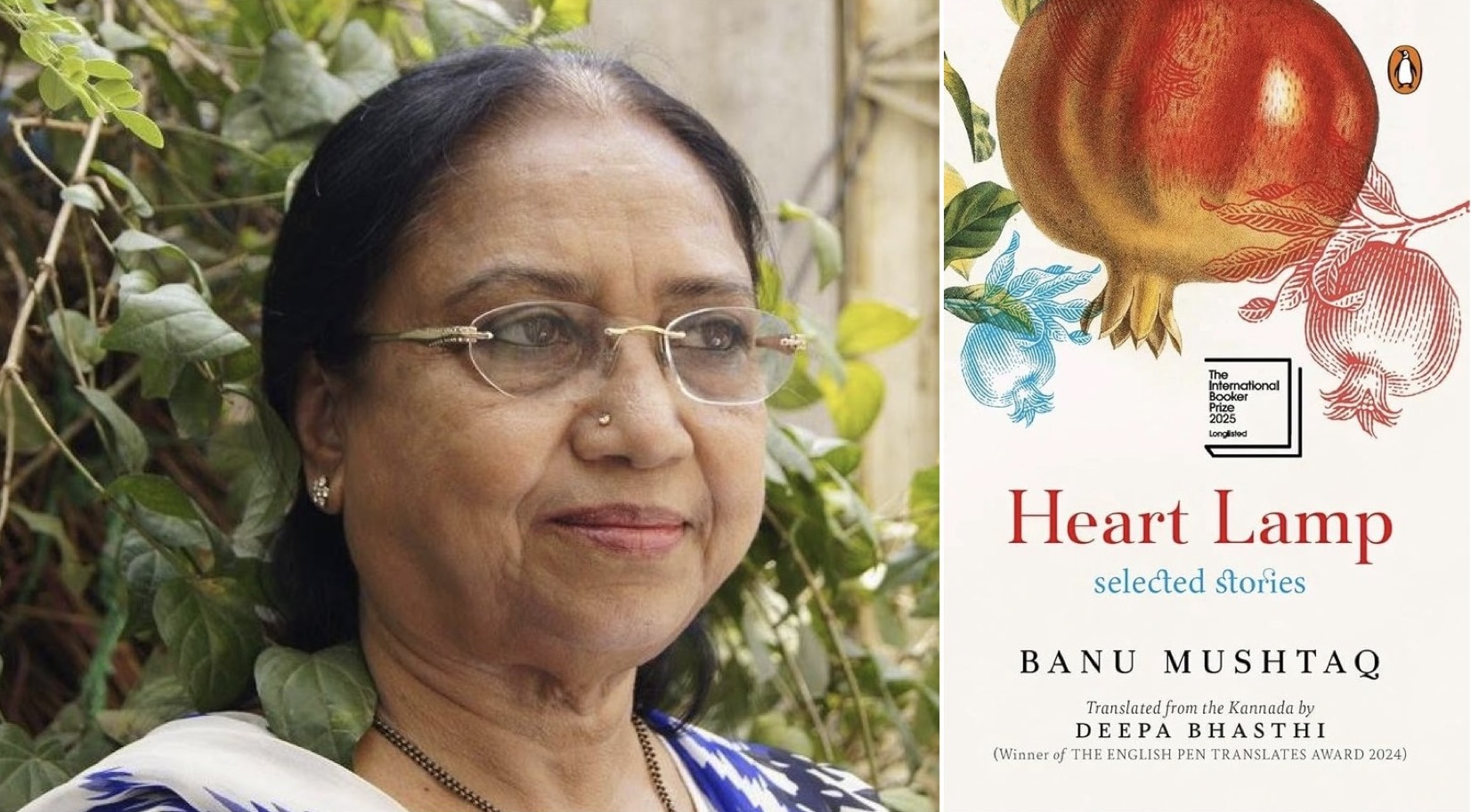It is a sobering thought that, not so long ago, famines occurred in India that killed up to one third of the local population. The famine of 1866 in Orissa is one terrifying example – a “haunting tragedy” as the evocative title of Bidyut Mohanty’s book puts it.
About The Author

Jean Drèze
Jean Drèze, a Belgian-born Indian development economist, is a visiting professor of economics at Ranchi University and an honorary professor at the Delhi School of Economics. He has taught at the London School of Economics and Allahabad University. Drèze’s contribution to documenting the state of India’s rural economy has been monumental. He was one of the key minds behind the (Mahatma Gandhi) National Rural Employment Guarantee Act. He has co-authored books with Nobel laureate Amartya Sen, including ‘Hunger and Public Action’ and ‘An Uncertain Glory: India and its Contradictions’. His research interests include social inequality, elementary education, child nutrition, health care and food security
